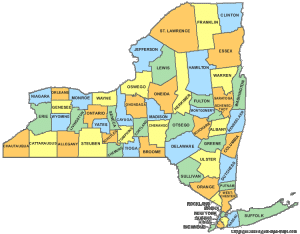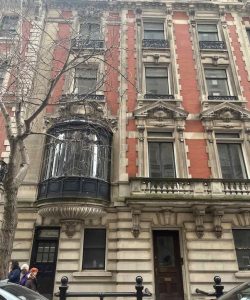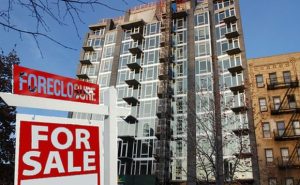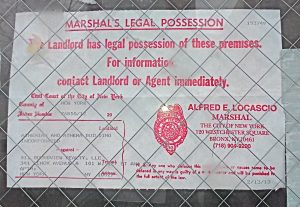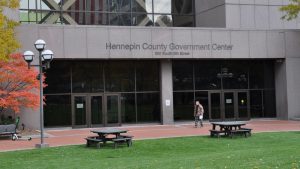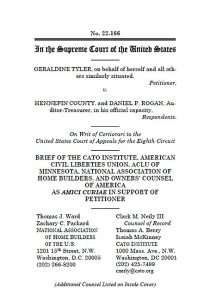
Although they are not as prevalent in New York State as they are in other states, Homeowners’ Associations still exist here, and may raise significant legal issues for those who are members, as well as for the Association itself.
The main reason that there are not as many Homeowners’ Associations in New York is probably because of the large number of condominiums and cooperative units in our state, especially in the New York City area. Condos and coops are legal associations which connect owners of various units, usually apartments. In a cooperative, each unit owner purchases shares in the cooperative corporation, rather than actual real estate. The coop unit owner also acquires a proprietary lease allowing occupancy of a particular apartment. A condominium operates similarly, but owners in a condominium purchase the actual real estate, rather than shares, and own their individual units, as well as a portion of the common areas.
A Homeowners’ Association operates similarly, but has differences from a condo or coop. Each homeowner owns his individual real estate, which can be an apartment or, more commonly, a house. Membership in an Association is generally mandated by the Declaration filed for the development in question and referenced in the deed to the property. The Association is a separate legal entity, and is authorized by its by-laws to collect dues. These dues are then used by the Association to pay common charges associated with the properties, such as water and sewer charges and maintenances charges such as landscaping and gardening, pool maintenance, and similar expenses associated with the group of properties which constitute membership in the Association.
 New York Real Estate Lawyers Blog
New York Real Estate Lawyers Blog


